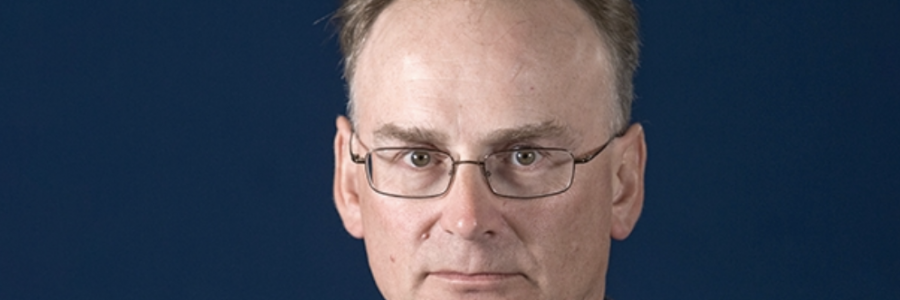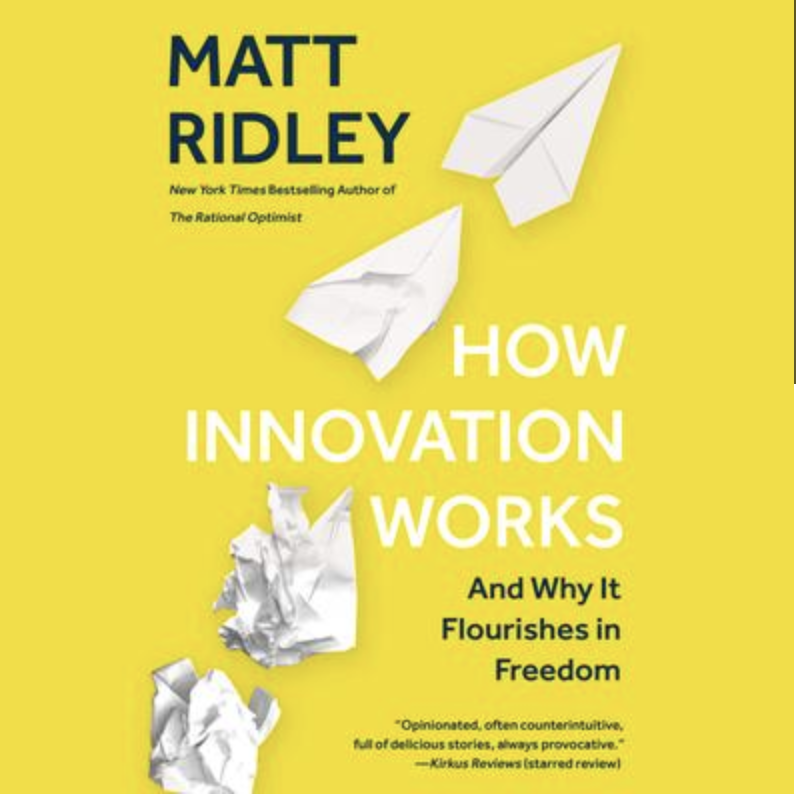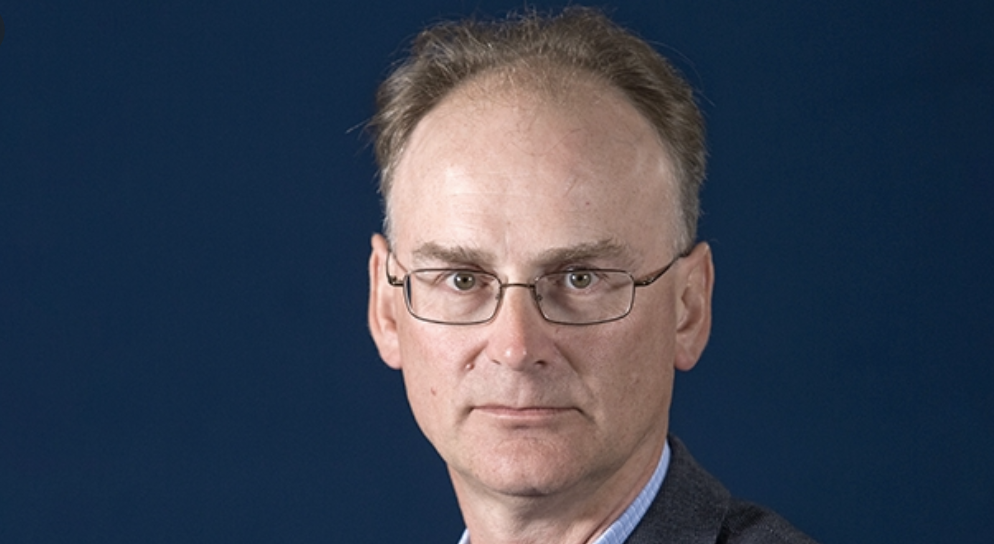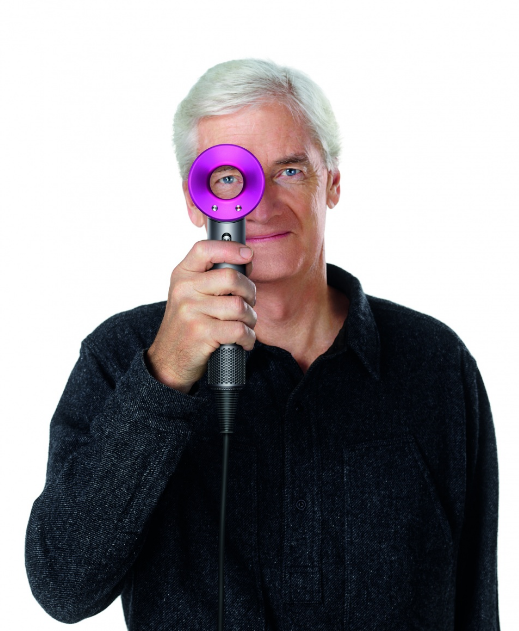
Innovation game changers amid pandemic



Matt Ridley, reveals the vital ingredients for success by chronicling the history of innovation and how we need to change our thinking. We experience dramatic improvements in our living standards and unsettling changes in our society
From Britain to Brazil, world economy is choking in first gear as we indefinitely await a vaccine, having neglected research for decades. Quarantine gas turbocharged a digital revolution including video conferencing as Ridley pyt it “ Innovation is the most important fact about the modern world but the least understood”.
Innovation remains a mystery process poorly understood by policy makers and businessmen alike. Ridley highlight how innovation as an instrumental bottoms-up process that happens as a direct result of human habit of exchange, rather than orderly top-down process developing according to a plan. Innovation is however different from invention, because it is the turning of inventions into things of practical and affordable use to people, and speeds up in some sectors and slow down in others. Innovation is always a collective collaborative phenomenon involving trial and error, not a matter of lonely genius and cannot be modified by economists, but can easily be discouraged by politicians.
When German engineer, Rudolf Diesel mysteriously died on September 29, 1913 apparently jumping from a ferry crossing the North Sea on his way to open a factory in Britain, leaving behind a hat and neatly folded overcoat on the deck of Ss Dresden, large debts and a remarkable industrial legacy that was to transform the global economy, as every cargo ship, tractor and bulldozer in the world runs on diesel today.
His death note reveals bewailing his fate as someone who had defied convention and tried to do things differently and said “Introducing an invention is a time fraught with combating stupidity and jealousy, inertia and venom, furtive resistance and an open conflict of interests and an appalling time spent battling with people a martyrdom to be overcome , even it the invention is a success”.
Ridley claims Diesel was an “innovation hero” who not only helped to produce more efficient engines but also envisaged radically new ways of organising worker run factories. While innovation is universally hailed as a desirable objective, it is hard achieve in practice. In Diesel’s words “martyrdom’ rather than inspiration should be encouraged.
Ridley argues innovation is the unacknowledged “infinite improbability drive that powers the modern economy.”
IN 1900 an average man would start work at 14 and spend 25 per cent of his life in back breaking toil and die aged 47, today his modern equivalent spend half his time in education or retirement, works 10 per cent of his hours on earth and dies aged 80 and that change is attributed entirely to innovation.
Ridley explores the stories behind fertiliser, vaccinations, corrugated iron, shipping containers and sliced bread and even development of fracking, nuclear power, search engines and gene editing.
Ridley explains how innovation is less personalised but was always a collective enterprise like a team sport. He explains even if Google’s founders Larry Page and Sergey Brin were never born, we would still have powerful search engines, as innovation is typically incremental, gradual, opportune and inevitable.
It is not about one eureka moment as thousands of trial and error experiments following natural selection than intelligent design.
According to Ridley although James Gothenberg invented the printing press, Martin Luther was the innovator in how to use it by turning an obscure pastime for the ecclesiastical elite into a mass-market publishing phenomenon.
Like Jeff Bezos at Amazon or Mark Zuckerberg at Facebook, he had realised a potential of a new technology on a huge scale.
He also highlights how innovations spark resistance, as potatoes were for while rejected by English protestants as agents of Roman Catholic influence. Recently EU banned genetically modified foods caving in, to public fears of “Frankenfoods”.
Ridley explains the main ingredient in Innovation is freedom to express counter intuitive opinions as experiment is vital and freedom from government interference and regulations.
He applauds China’s innovation machine” with a footnote the country’s political authoritarianism will one day catch up with it.
How Innovation Works: And Why It Flourishes in Freedom by Matt Ridley, Fourth Estate £20, 406 pages.
